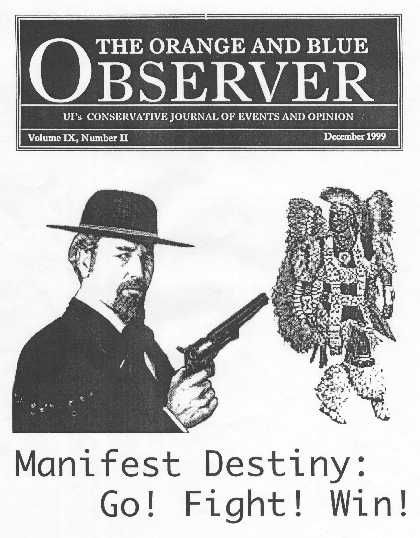Linguist and activist tackles America's original sin in new interview
By Luke Brinker
“There is also a common variant of what has sometimes been called ‘intentional ignorance’ of what it is inconvenient to know: ‘Yes, bad things happened in the past, but let us put all of that behind us and march on to a glorious future, all sharing equally in the rights and opportunities of citizenry,’” he explains.
Intentional ignorance dates to the earliest days of settlement—when American colonists would reassure themselves that their displacement of Native Americans was part of a “humanitarian intervention” against “savagery”—and continues to the present day, undergirding discussions of African Americans’ alleged pathologies, for instance.
“The appalling statistics of today’s circumstances of African-American life can be confronted by other bitter residues of a shameful past, laments about black cultural inferiority, or worse, forgetting how our wealth and privilege was created in no small part by the centuries of torture and degradation of which we are the beneficiaries and they remain the victims,” Chomsky notes. “As for the very partial and hopelessly inadequate compensation that decency would require—that lies somewhere between the memory hole and anathema.”
By George Yancy and Noam Chomsky
N.C.: The useful myths began early on, and continue to the present. One of the first myths was formally established right after the King of England granted a Charter to the Massachusetts Bay Colony in 1629, declaring that conversion of the Indians to Christianity is “the principal end of this plantation.” The colonists at once created the Great Seal of the Colony, which depicts an Indian holding a spear pointing downward in a sign of peace, with a scroll coming from his mouth pleading with the colonists to “Come over and help us.” This may have been the first case of “humanitarian intervention”—and, curiously, it turned out like so many others.
Years later Supreme Court Justice Joseph Story mused about “the wisdom of Providence” that caused the natives to disappear like “the withered leaves of autumn” even though the colonists had “constantly respected” them. Needless to say, the colonists who did not choose “intentional ignorance” knew much better, and the most knowledgeable, like Gen. Henry Knox, the first secretary of war of the United States, described “the utter extirpation of all the Indians in most populous parts of the Union [by means] more destructive to the Indian natives than the conduct of the conquerors of Mexico and Peru.”
Knox went on to warn that “a future historian may mark the causes of this destruction of the human race in sable colors.” There were a few—very few—who did so, like the heroic Helen Jackson, who in 1880 provided a detailed account of that “sad revelation of broken faith, of violated treaties, and of inhuman acts of violence [that] will bring a flush of shame to the cheeks of those who love their country.” Jackson’s important book barely sold. She was neglected and dismissed in favor of the version presented by Theodore Roosevelt, who explained that “The expansion of the peoples of white, or European, blood during the past four centuries…has been fraught with lasting benefit to most of the peoples already dwelling in the lands over which the expansion took place,” notably those who had been “extirpated” or expelled to destitution and misery.
The national poet, Walt Whitman, captured the general understanding when he wrote that “The nigger, like the Injun, will be eliminated; it is the law of the races, history… A superior grade of rats come and then all the minor rats are cleared out.” It wasn’t until the 1960s that the scale of the atrocities and their character began to enter even scholarship, and to some extent popular consciousness, though there is a long way to go.
That’s only a bare beginning of the shocking record of the Anglosphere and its settler-colonial version of imperialism, a form of imperialism that leads quite naturally to the “utter extirpation” of the indigenous population—and to “intentional ignorance” on the part of beneficiaries of the crimes.


No comments:
Post a Comment